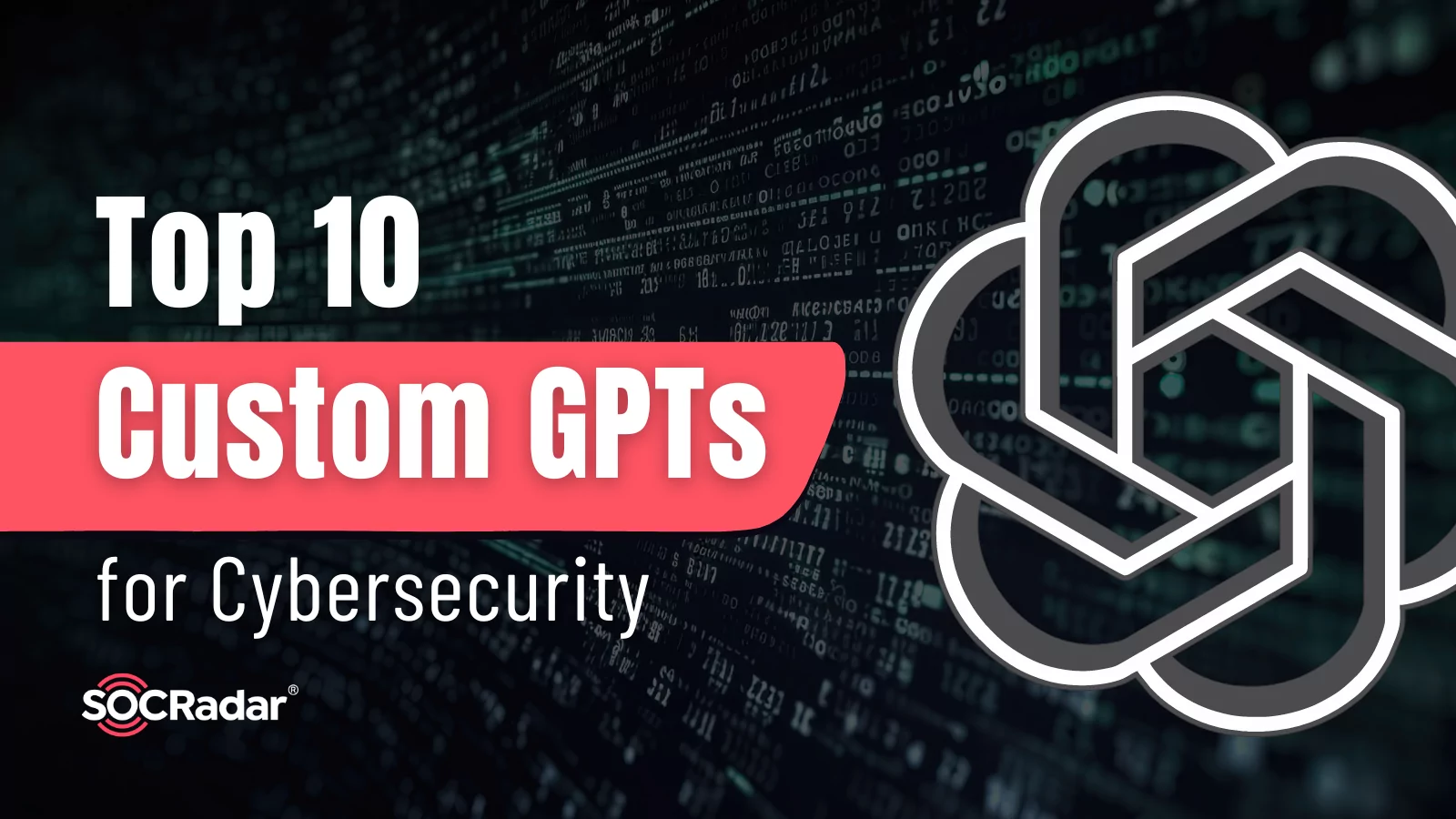
Top 10 Custom GPTs for Cybersecurity
Custom GPTs in cybersecurity represent a groundbreaking fusion of AI and information security. These specialized GPT models are tailored to address diverse cybersecurity needs, ranging from threat detection and analysis to training and educational simulations. By leveraging the advanced capabilities of GPTs, cybersecurity professionals can enhance their strategies, improve threat response times, and gain deeper insights into complex security challenges. This integration signifies a significant step forward in the battle against cyber threats, combining human expertise with AI efficiency.
How to Find Custom GPTs
First, to search for custom GPTs on Google, use the search query format site:chat.openai.com/g/ [your search term]. This method utilizes Google’s site-specific search functionality to find GPTs on OpenAI’s platform. For example, searching for “site:chat.openai.com/g/ Malware Analysis GPT” on Google will display results specifically for Malware Analysis-related GPTs hosted on OpenAI’s chat platform. This technique can be tailored for any specific type of GPT you’re interested in.
Another method is GPT Store, which was just released on January 10. The store features a range of GPTs developed by Open AI partners and the community. Now let’s move on to the list.
Red Team Guides:
Contrasting the Blue Team Guides, this GPT focuses on offensive cybersecurity, providing insights and tactics for conducting effective penetration tests and security assessments.

GP(en)T(ester):
This GPT is a virtual assistant for pentesting, offering guidance on various penetration testing methodologies. It helps users navigate complex testing strategies, suggesting tools and techniques tailored to specific cybersecurity scenarios.
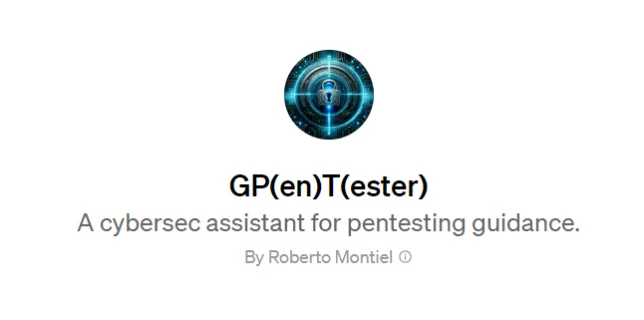
HackTricksGPT:
Designed for cybersecurity professionals, this GPT provides a vast array of hacking tricks and tips. It’s a resourceful tool for learning about different hacking methods and enhancing one’s skills in ethical hacking.
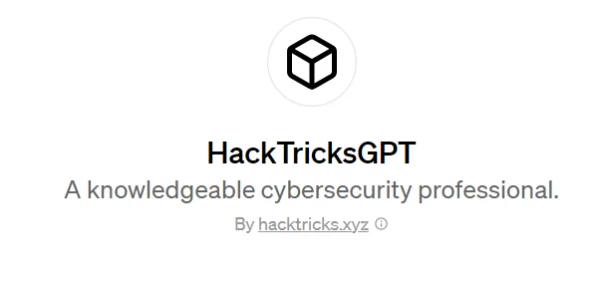
MagicUnprotect:
This GPT aids in understanding and mitigating malware. It specializes in offering insights into malware protection mechanisms, helping users to identify and counteract potential threats.
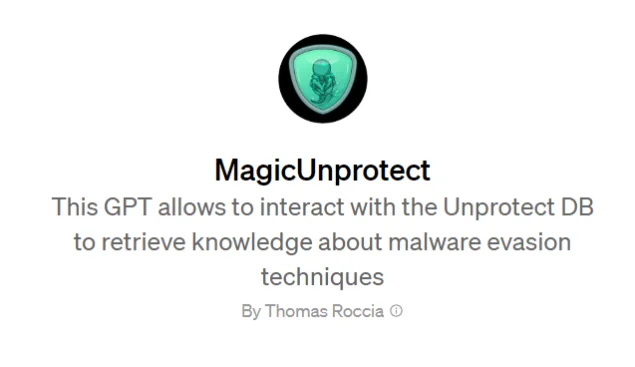
Vulnerability Bot:
Focused on vulnerability analysis, this bot helps in identifying and assessing system weaknesses. It provides valuable information for patching vulnerabilities and strengthening cybersecurity defenses.
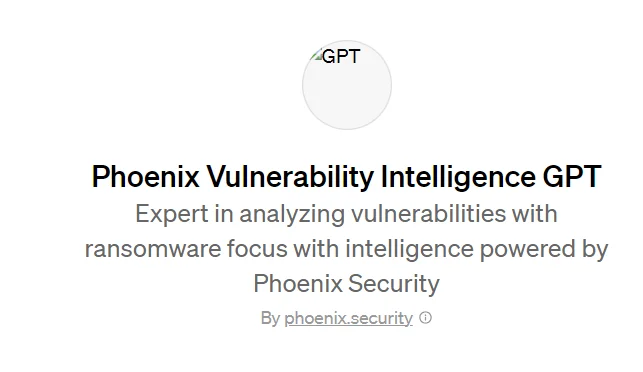
Analyzing vulnerabilities with a ransomware focus makes this GPT special. (One downside is its logo is nonexistent.)
CVEs:
This GPT is dedicated to keeping users updated on Common Vulnerabilities and Exposures (CVEs). It helps in tracking and understanding the latest security vulnerabilities, facilitating better preparedness against cyber threats.

Threat Intel Bot:
A tool for gathering and analyzing threat intelligence, this bot assists in understanding the current cybersecurity landscape, including emerging threats and attack vectors.
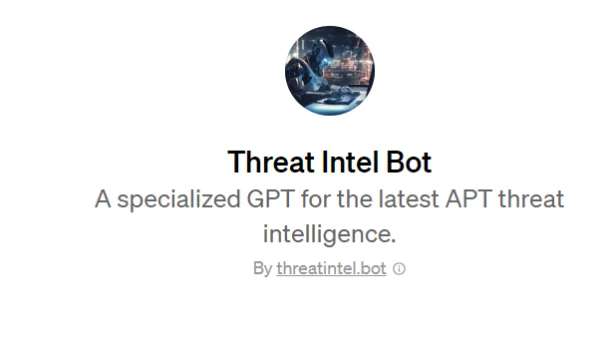
Threat Modelling:
This GPT assists in the development of threat models, crucial for predicting and mitigating potential cyber attacks. It guides users through the process of identifying and addressing cybersecurity risks.

SOC Copilot:
Designed for Security Operations Centers, this GPT acts as a virtual assistant, providing support in monitoring, analyzing, and responding to security incidents.
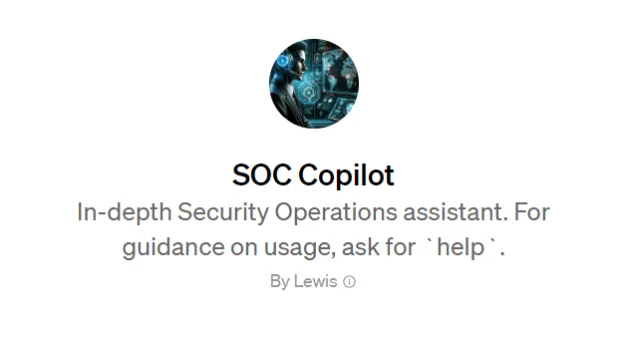
Blue Team Guides:
Tailored for defensive cybersecurity teams, this GPT offers guidance and strategies for protecting networks and systems against cyber attacks.
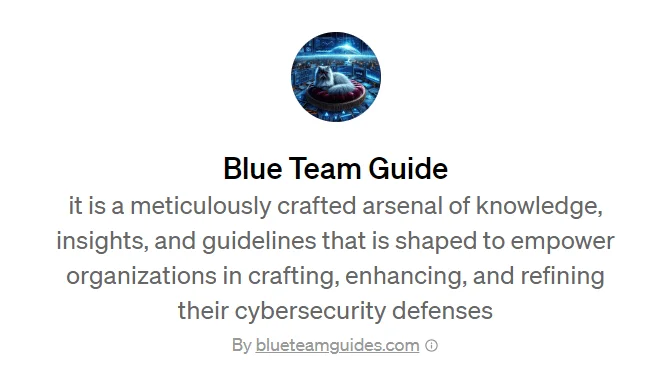
Bonus: RansomChatGPT
This is a Ransomware Negotiation Simulation bot, designed to provide a realistic environment for practicing ransomware negotiation scenarios. It’s trained on diverse data sources to simulate various aspects of ransomware attack negotiations, offering a unique and practical experience for cybersecurity professionals. This tool can be especially useful for understanding the dynamics of ransomware discussions and preparing for potential real-life scenarios in this increasingly relevant field of cybersecurity.
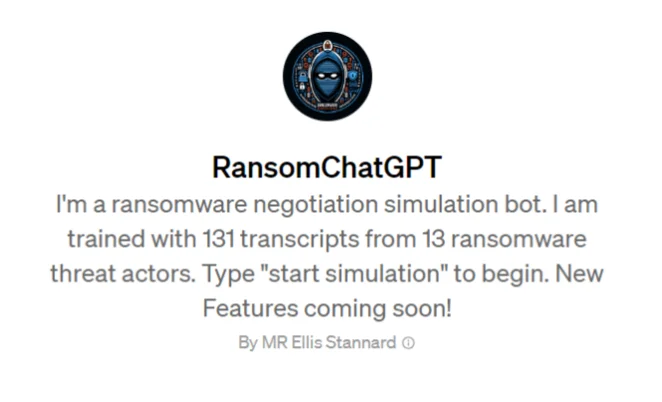
The Limitations of Custom GPTs:
Custom GPTs in cybersecurity can significantly aid in threat analysis, vulnerability assessment, generating security strategies, and providing up-to-date information on cyber threats. They can automate routine tasks, analyze large datasets quickly, and offer insights based on vast knowledge bases. However, they cannot replace human judgment in critical decision-making processes. These GPTs also cannot guarantee real-time threat prevention and may not be fully effective against novel or highly sophisticated cyber threats. Their effectiveness depends on the quality of data they are trained on and the specific design of their algorithms.
Another limitation is that Custom GPTs themselves are not interactable through the API. Even though a few alternatives are offered on the Open AI Community forum, this option seems unavailable in the foreseeable future, especially with the arrival of the GPT Store.
Conclusion
The integration of custom GPTs in cybersecurity offers a new dimension of AI-powered assistance for various cyber security tasks, ranging from threat analysis to penetration testing. These GPTs can effectively complement SOCradar, which provides a comprehensive cybersecurity solution. SOCradar, enhances threat intelligence and incident response capabilities. When used alongside these custom GPTs, it can lead to a more robust, informed, and responsive cybersecurity strategy, enabling organizations to stay ahead in the constantly evolving landscape of cyber threats.



































